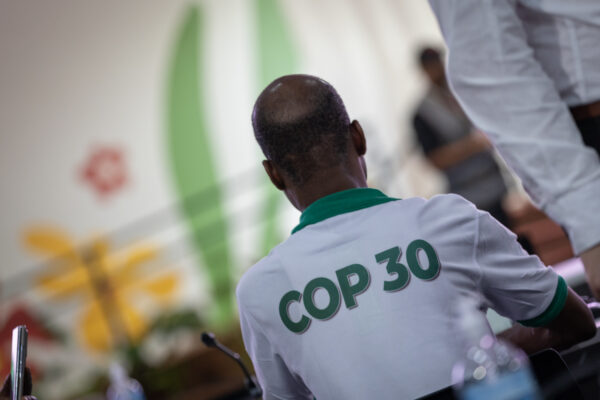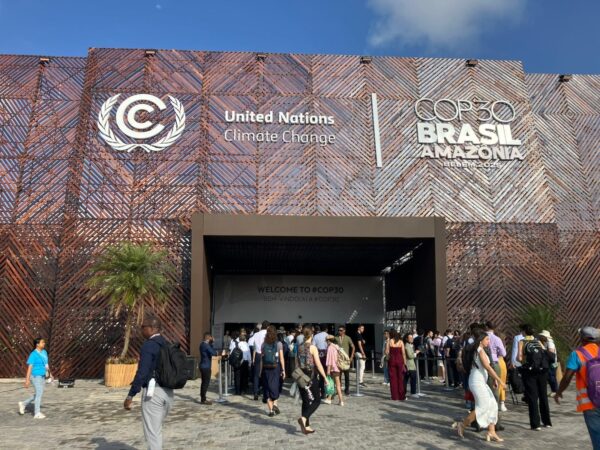Remembering Saleemul Huq
We pay tribute to the highly revered climate expert and advocate Saleemul Huq, who passed away suddenly this Saturday.
Share

To the absolute shock, dismay and disbelief of his friends and colleagues in the climate space – including all of us at Climate Analytics – the much loved and highly revered climate expert and advocate Saleemul Huq passed away suddenly this Saturday, it seems almost in mid flight.
Saleemul was involved in the development of the international climate regime from its very beginning, including the Intergovernmental Negotiating Committee (INC) that developed the UN Framework Convention on Climate Change (UNFCCC). He was there for its adoption at the UN headquarters in May 1992.
He was a towering figure in the areas of adaptation, loss and damage, and climate justice. From the earliest days of the climate process, Saleemul reminded us that no matter how much mitigation we successfully pushed for, we needed to make far greater advances in adaptation.
He was also known for his defence of the most vulnerable countries. He led the way in reframing the narrative on least developed countries, emphasising that they are not just beneficiaries, that they have valuable lessons to share with the world through their extensive expertise in resilience building and implementing climate action at grassroot levels.
For more than 30 years, Saleemul was a key figure within the Least Developed Country (LDC) group, tirelessly advising and supporting different LDC chairs and their negotiators. Not only was he ever present in the climate negotiations, holding fort and advising, cajoling and pushing for climate justice, adaptation, international climate finance and loss and damage to be dealt with, he was also a key figure in the IPCC assessments of these issues.
Saleemul was an important figure in securing the high ambition elements of the Paris Agreement, including the 1.5°C limit and its approach to loss and damage. Where others grew despondent about the slow pace of progress on loss and damage, Saleemul focused on what had to be done. And, as a result, he got things done, including the establishment of the loss and damage fund last year.
One of his many visions was to set up the International Centre for Climate Change and Development (ICCCAD), which he did so in Bangladesh about ten years ago. This turned into a massively successful and important centre for learning, capacity building and South-South cooperation on adaptation, loss and damage, and all issues of critical importance to the most vulnerable countries.
There have been many low points in the development of the international response to climate change – points of despair – from George Bush’s repudiation of the Kyoto in 2001 to the disastrous Copenhagen meeting in 2009. Out of these moments, Saleemul consistently reminded us that we could not afford to lose, we could not go backwards; we had to pick up ourselves up, carry on, and get to where we needed to be.
He tirelessly reminded everyone of who this is all for: the people on the frontlines of the climate crisis. Those with nowhere to go. Those who, with the right support, can mobilise their own experience and knowledge for the benefit of their communities. For these people, Saleemul was a champion of locally-led adaptation, connecting the needs and knowledge of communities with the means and support of international institutions.
Saleemul was a leading authority on climate justice, a key intellectual, an advisor to many, and a clever negotiator. But above all, he was an incredibly warm and gentle person who reached out to many, even in difficult and stressful situations. We remember him both as a hugely influential figure in our movement, and as our kind, compassionate, loving friend.











